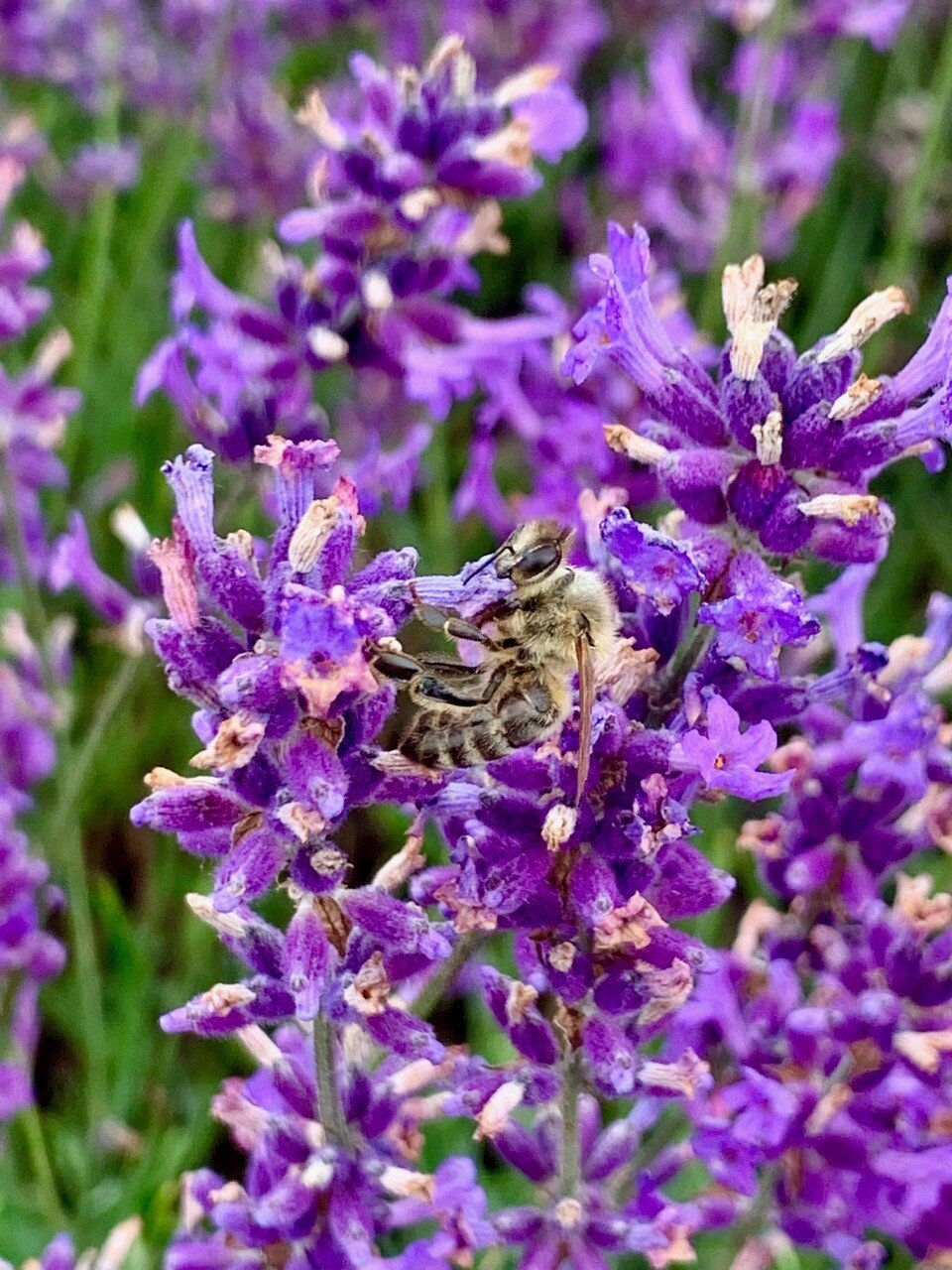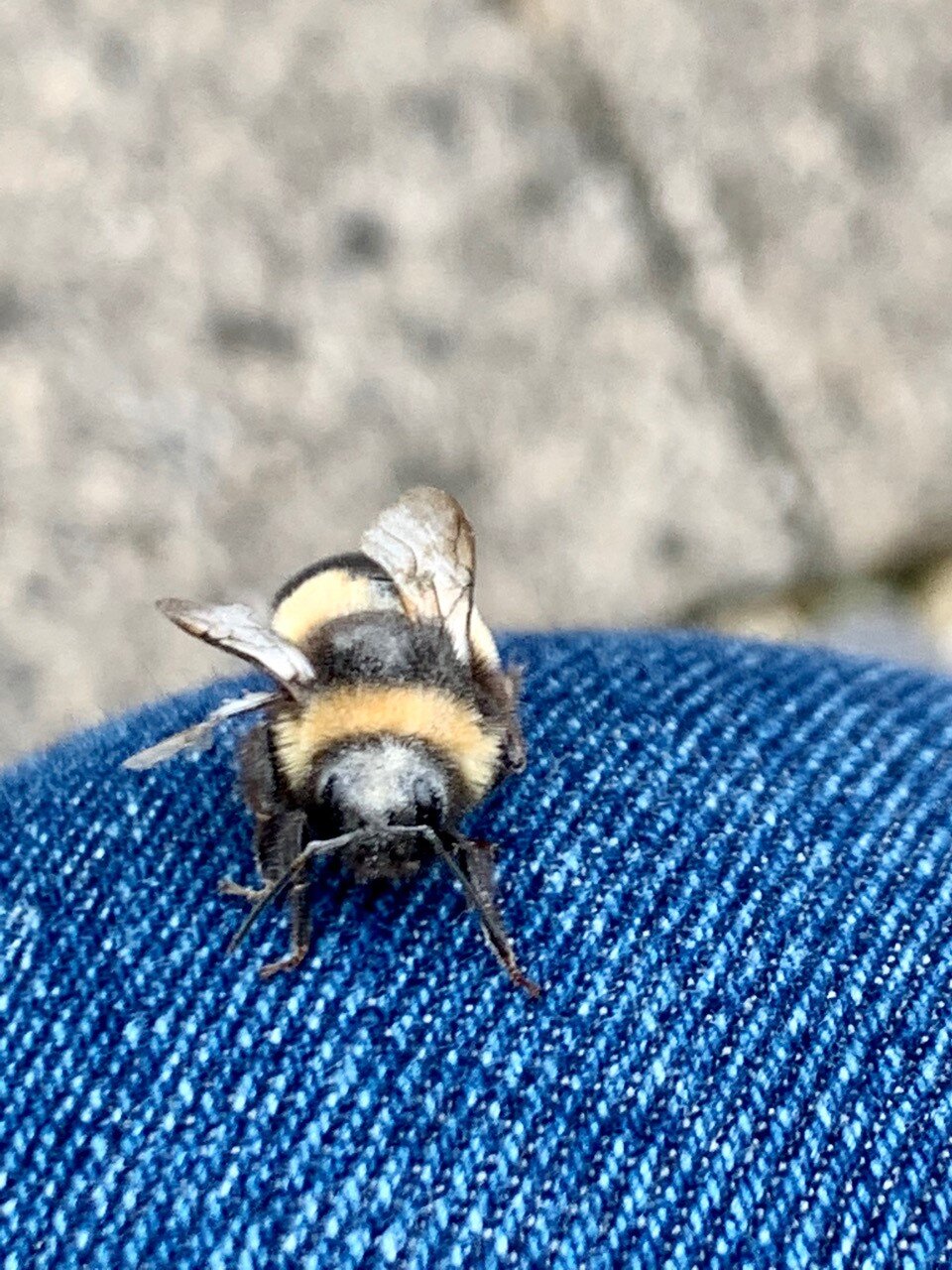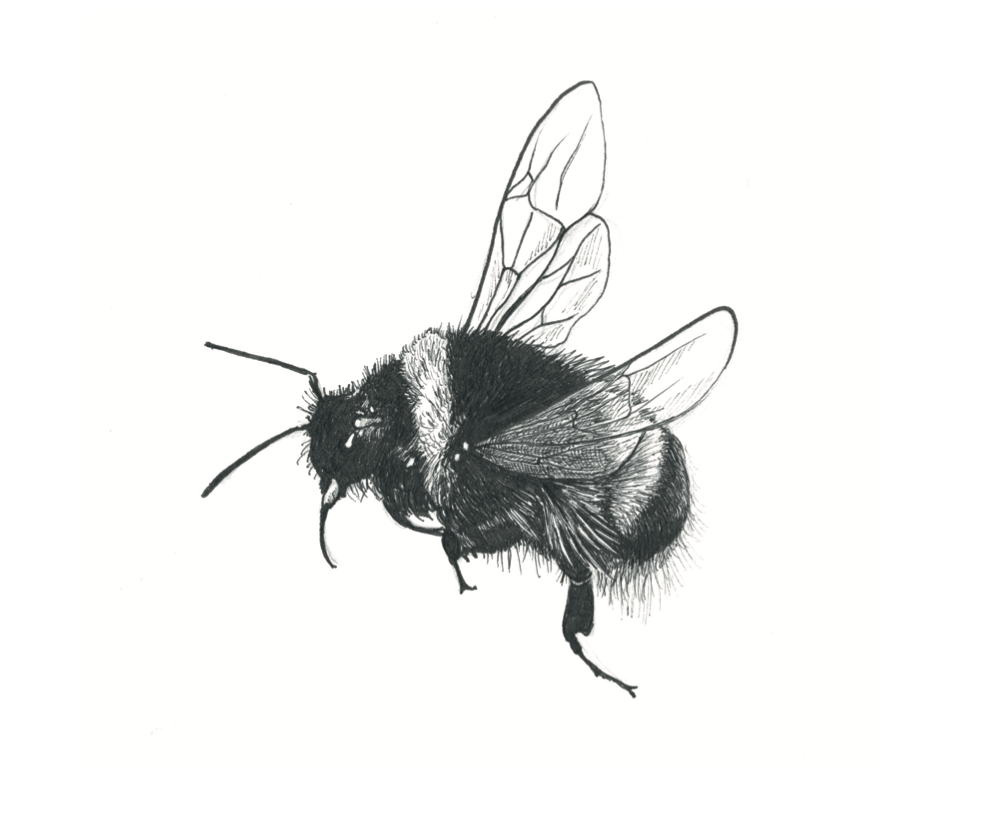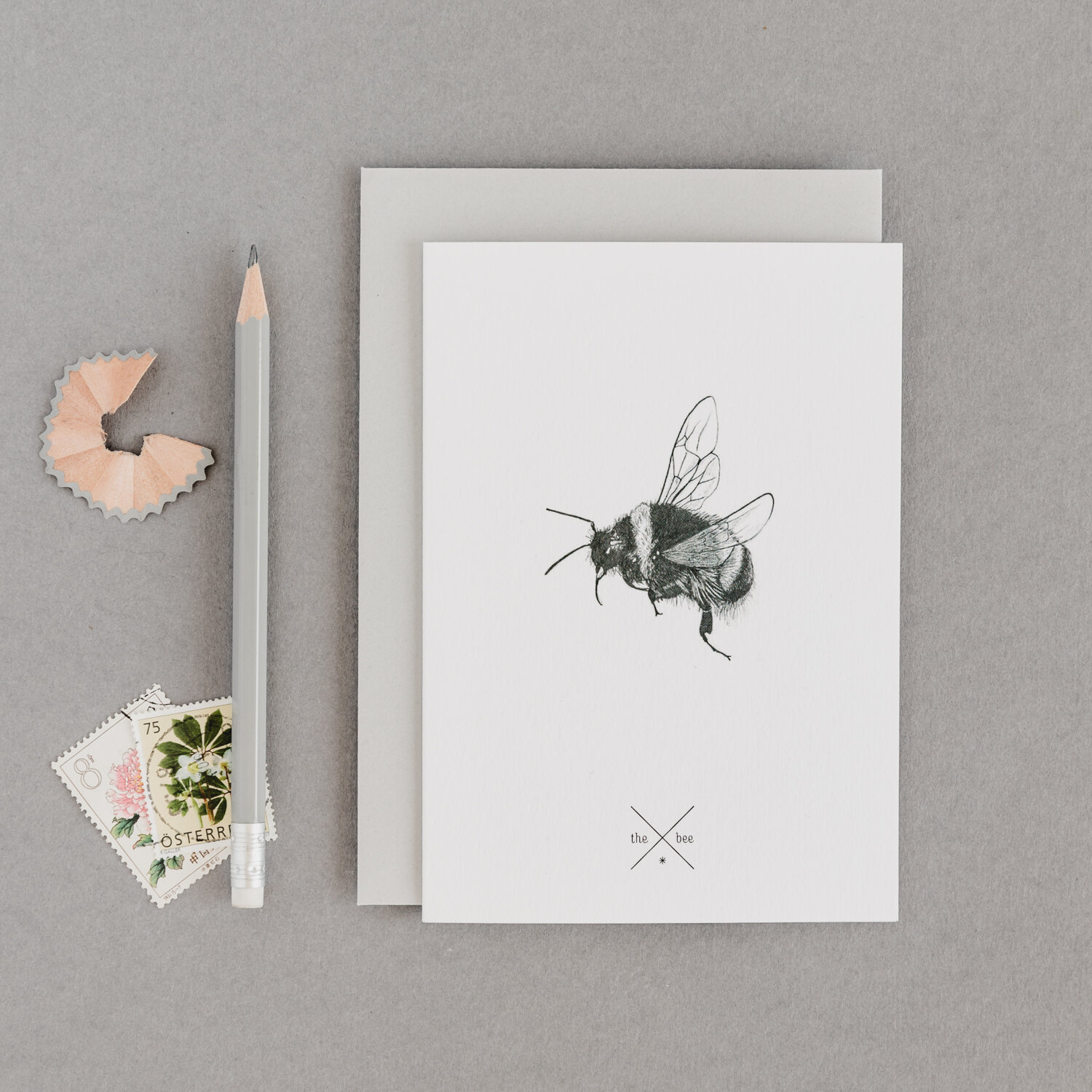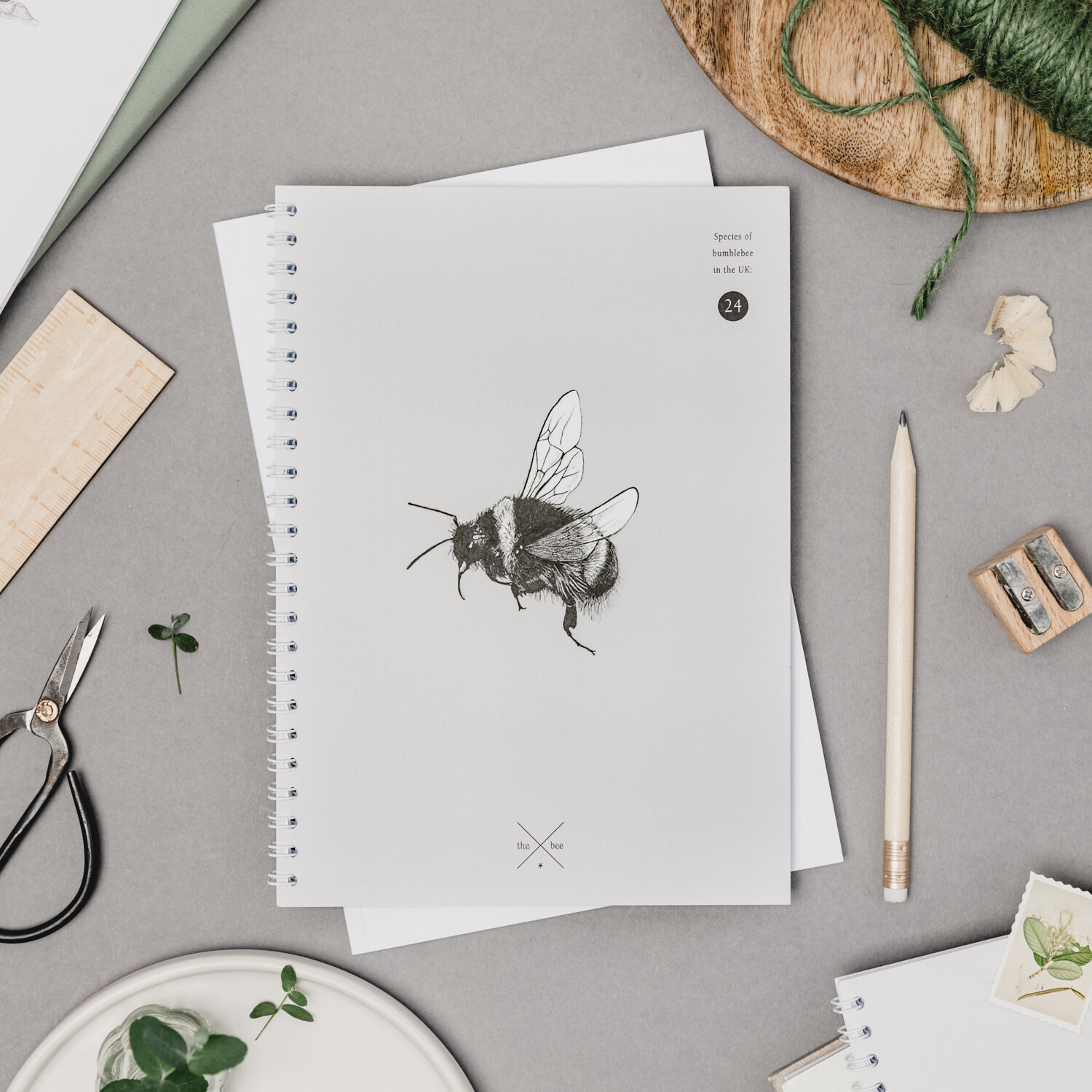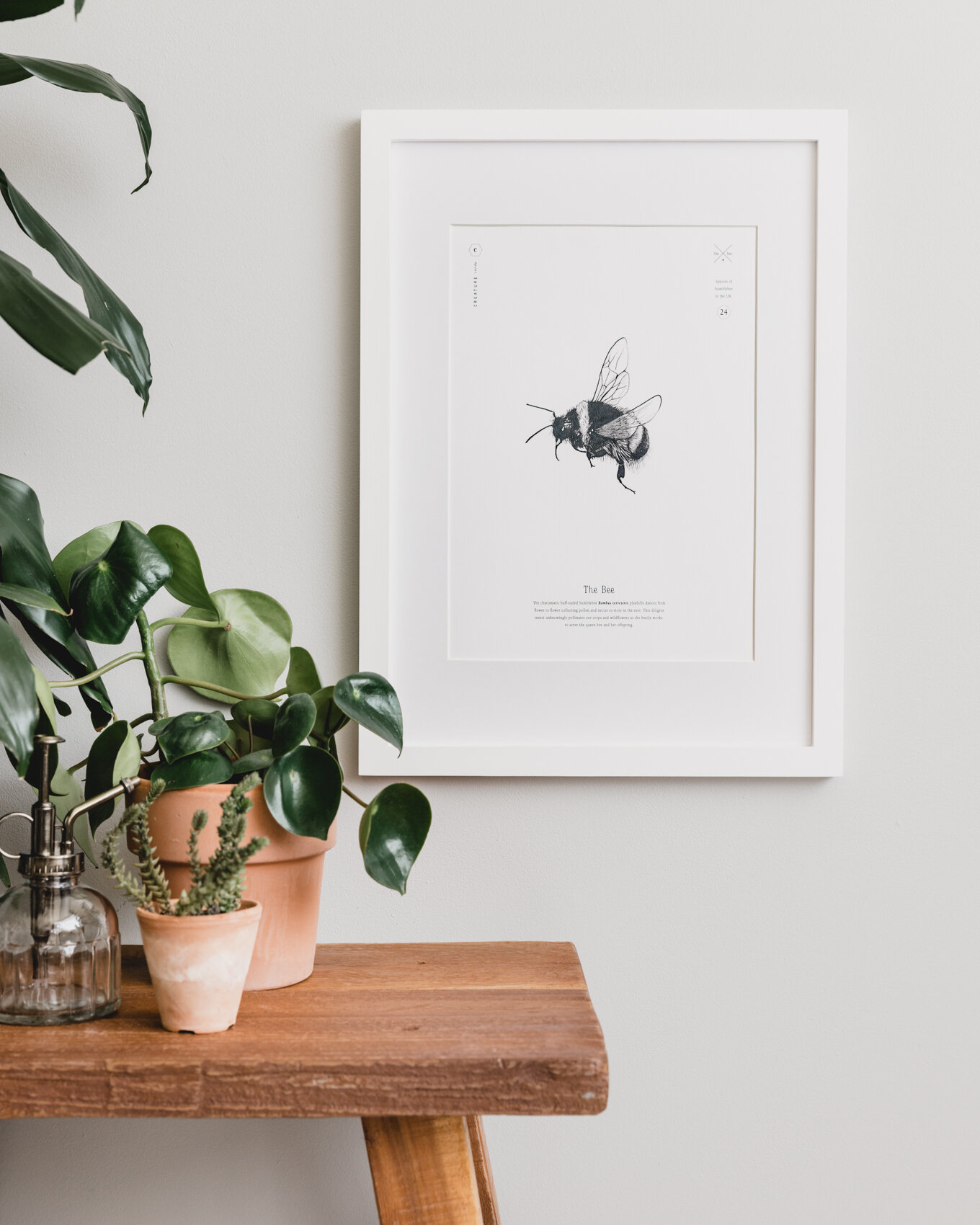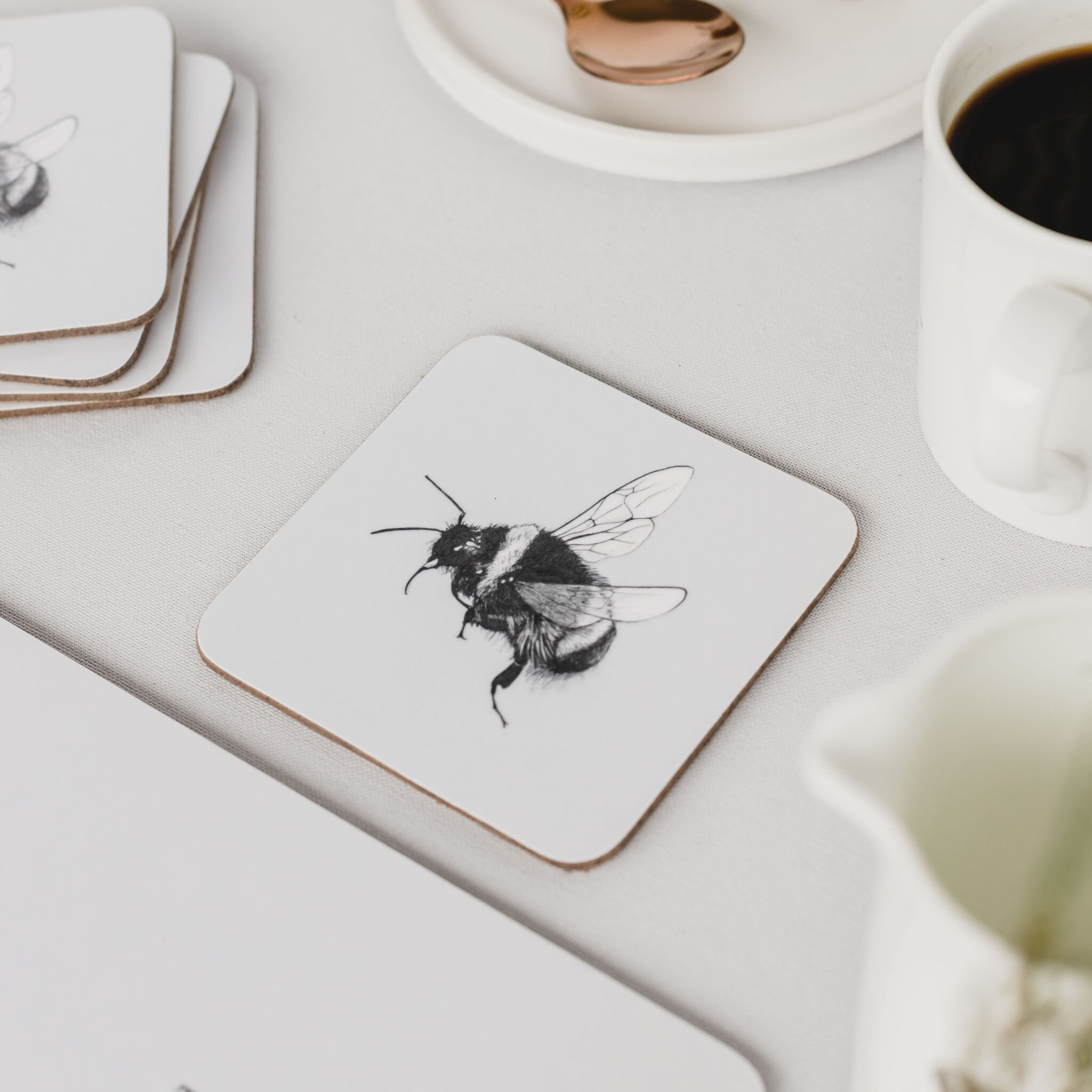By Luke Phillips.
Is science giving us false hope and encouraging us to discard our responsibilities?
It’s a popular science-fiction trope. A polluted, non-productive Earth is abandoned, and humankind sets out into the stars, searching for a “Goldilocks” planet – one that’s just right for all our needs. Or, after resources are used up and squandered, we begin mining new moons and asteroids to fuel our unhindered demand. And woe betide the lush, green Edens we come across populated by less well-armed species. It’s all ours for the taking…isn’t it?
The recent documentary, ‘Stephen Hawking: Can you hear me?’, reminded me of something the late, visionary scientist stated back in 2016. He suggested the human species would have to colonise a new planet within a century if it was to survive. After all, there’s 7.8 billion of us and counting, and those resources won’t last forever.
And we’re spending huge amounts of money looking into it. The promise of new, untapped seams of unknown elements, minerals, metals, and even just mere unclaimed land has caught the imagination of big business. We’re researching ways of generating planet-levels of oxygen through photosynthesis and single-cell organisms. We’re developing plasma-powered rocket engines that could revolutionise space travel. NASA has even created a “robot army”, designed to get to work on mining resources and setting up infrastructure before our arrival on just such a planet.
Professor Hawking said, “We can, and must, use our curiosity and intelligence to look to the stars”. But might I suggest we don’t take our eye off (or give up on) things back home yet?
More of this arguably pessimistic, discarding attitude can be seen in another recent development, again, backed by big business. The plight of the honeybee is one many now know well. Due to pesticide use, pollution, disease, and loss of habitat, honeybees are in trouble and in decline. They have little to eat, fewer places to live, and are becoming less productive and experience shorter lifespans in the places that they do. This isn’t to say honeybees are endangered. Wild honeybees (in the UK at least) have virtually disappeared, and most come from managed hives these days. But eight species of bee, including two types of bumblebees are on the endangered list, and are facing all the same issues.
The Wonderful Company of California are the largest almond grower in the world. And they are developing the Blue Orchard Bee, or BOB, as a replacement to the beleaguered honeybee. And it’s no surprise they are doing so. In 2016, California’s almond growers needed just shy of two-million honeybee colonies to pollinate the near one-million acres under their care. That accounts for nearly three quarters of the available commercial colonies in the U.S.A.
But the Blue Orchard Bee is a little different from the honeybee. First, they aren’t socially minded. And secondly, they’re highly efficient. A couple of hundred female BOBs can do the work of 10,000 honeybees.
If the development of BOBs into a species that can adapt to monoculture crops and mass-breeding is a success, and if costs can be kept low, agriculture may take up the use of BOBs in a big way.
But the interesting thing is, to do so, they concede they’ll have to make some changes. Like revising their pesticide use or giving them sufficient space and applicable vegetation to live and thrive on. They’ll also need protection and management. Ultimately, they could not only become a viable alternative to commercial honeybee use, but a by-product may be an environment less hostile to honeybees and their wilder, more endangered relatives.
So, my question is…why didn’t we do that in the first place? And the same goes for the search for a new planet. Not only do we already have honeybees, but in case it has escaped your notice, we already have a perfectly good planet to live on too. Is what we can do beginning to interfere with what we should do? As a collective, is our species only planetary and environmentally minded when big business bucks are behind it?
Don’t get me wrong, I’m genuinely excited about the adventure that we are knocking on the door of from a science and technology POV, but to paraphrase another great, albeit fictional professor, Dr. Ian Malcom, are our scientists so preoccupied with whether they can, they’re not stopping to ask if they should?
I firmly believe that we have a responsibility to this planet, and the species we share it with. And I don’t think our intelligence, population, or advances give us any more claim to it than any other species. We are truly capable of incredible things, and I know we can do anything we put our mind to, from ridding oceans of plastic waste, to saving a species we rely on for our very food. So, before we discard the honeybee or our planet in favour for shiny new versions, maybe, just maybe, we should discard our reliance on replacing what we’re so close to losing.
About the author
If you’d like to find out more about Luke, the author of this blog, click on the links below. Not only has Luke written a number of wildlife blogs, he has also published two books so far. click on the Black Beast Books link to find out more about these.
Have a look at our Bee-autiful bee range below…
10% of every purchase from our bee range is donated to the Bumblebee Conservation Trust



